Understanding VHF Transceiver Modules
VHF transceiver modules are integral components in the realm of wireless communication, enabling the transmission and reception of voice and data signals across varying distances. These modules operate within the very high frequency (VHF) spectrum, typically ranging from 30 MHz to 300 MHz, which is particularly beneficial for long-distance communication without the need for a direct line of sight.
Types and Applications
There are various types of vhf transceiver modules, each tailored to specific applications. Some are designed for fixed installations, while others are portable for field operations. Their applications span across numerous fields, from maritime and aviation industries to emergency response teams and recreational outdoor activities. The adaptability of these modules to different environments makes them a versatile tool for reliable communication.
Features and Design
The design of a vhf transceiver module focuses on compactness and efficiency. These modules are crafted to be lightweight, ensuring they can be easily integrated into various devices without adding significant bulk. The construction materials are chosen for durability, often necessary for equipment used in rugged outdoor conditions. Additionally, the battery life of these modules is a critical feature, with many designed to provide extended operation times.
Technical Specifications
When selecting a vhf transceiver module, it is important to consider its technical specifications. This includes its frequency range, which determines the distances over which it can effectively communicate. Another key specification is the module's sensitivity, which affects its ability to discern signals at varying strengths and distances. Users should also consider the module's interoperability with existing communication systems to ensure seamless integration.
Advantages of VHF Transceiver Modules
The advantages of using vhf transceiver modules are numerous. Their ability to operate in environments where traditional mobile signals are unavailable makes them indispensable for critical communication. The inclusion of noise-reduction technology ensures clear transmission, which is crucial during emergency situations. Furthermore, the user-friendly design, often with large buttons and clear displays, enhances their usability in high-stress environments or when wearing gloves.
Choosing the Right Module
Selecting the right vhf transceiver module requires careful consideration of the intended use and the environment in which it will operate. Buyers should assess the range, battery life, and specific features such as waterproofing or shock resistance that may be necessary for their particular application. While exploring the diverse options available, it is important to focus on the module's specifications and compatibility with other communication devices.

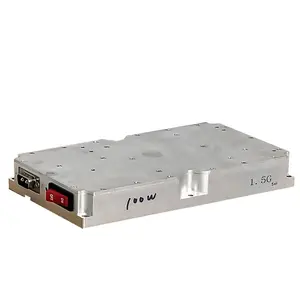



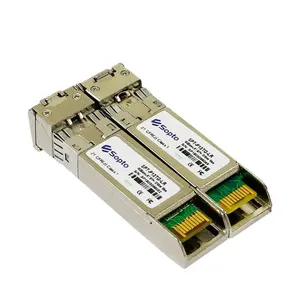

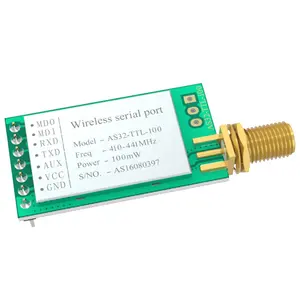






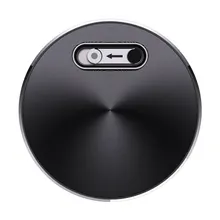
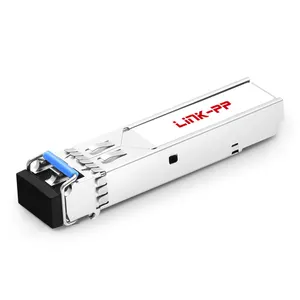



























 浙公网安备 33010002000092号
浙公网安备 33010002000092号 浙B2-20120091-4
浙B2-20120091-4